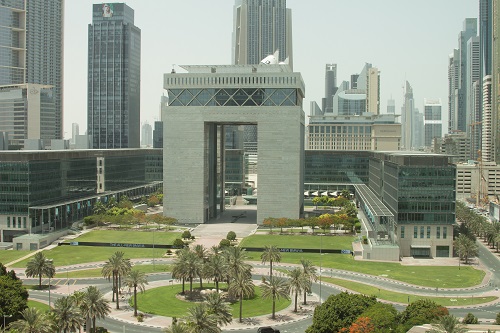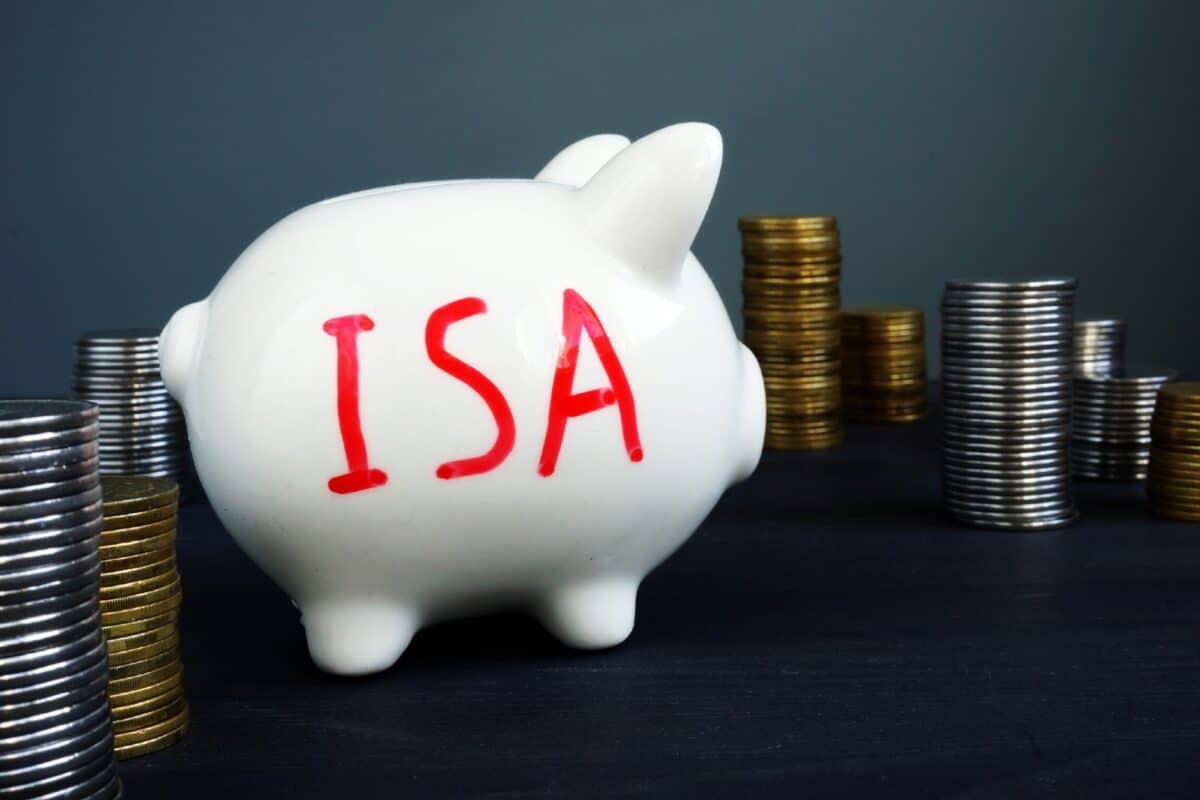Image source: Getty Images
Investing regularly in the stock market can be a great way of generating a second income. Over a long enough period of time, the results can be extremely satisfying.
Over the last 20 years, the FTSE 100 has returned 6.89% per year on average. That’s enough to turn a £500 monthly investment into something that generates £2,310 per month.
Diversification
One of my favourite things about regular investing is that it avoids a difficult dilemma. The issue is around diversification.
On the one hand, I want a diversified portfolio. Owning shares in companies in different sectors and geographies helps limit the effect of something that might be a problem for any one of them.
Equally, though, I’m reluctant to buy shares in a company just because of what it does or where it’s located. I’d much rather focus on the best opportunities available to me.
Investing regularly solves this problem because opportunities will come and go over time. So I can focus on one or two stocks this month because other things might be best in future.
Long-term investing
A feature of investing for the next 30 years is that I can give the stocks I buy today time to develop. And that allows me to consider opportunities that I might not be able to with a shorter time horizon.
Diploma (LSE:DPLM) is a good example. The business has been growing impressively and I think its prospects for continuing in the future look pretty good.
The company is a distributor of industrial components. And while some of the markets it sells into might be cyclical, the firm itself enjoys relatively stable demand.
This is because Diploma focuses on products that are inexpensive, but indispensable. As a result, customers are unlikely to refrain from buying them even when budgets are tight.
Outlook
Diploma’s growth model is built on acquiring other businesses and growing them. This can involve increasing sales by expanding into new markets, or widening margins by reducing costs.
The company has a lot of what I look for in a quality investment. Over the last 10 years, it has retained around 44% of its earnings and reinvested these to drive future growth.
In doing so, Diploma has consistently maintained a return on equity above 15%. That implies the investments the firm is making are generating a good return on the cash it is laying out.
How long the organisation can keep doing this is the big question. But with a market cap of £6bn, I think it is going to be a long time until acquisition opportunities start to run out.
Investment returns
Turning £500 per month into something that generates £27,720 per year requires 30 years of returns in line with the FTSE 100’s historic performance. That’s not guaranteed by any means.
To give myself a chance, I’d look to focus on quality companies with durable growth prospects. And a long-term approach gives me a chance to consider businesses like Diploma.
Based on its current earnings, the stock looks expensive. But with potentially three decades of growth ahead, there’s an opportunity to consider it for the long term.
Credit: Source link














